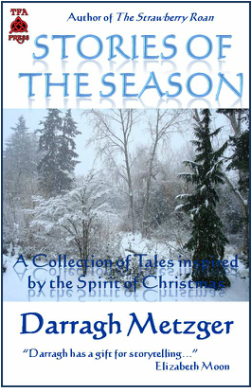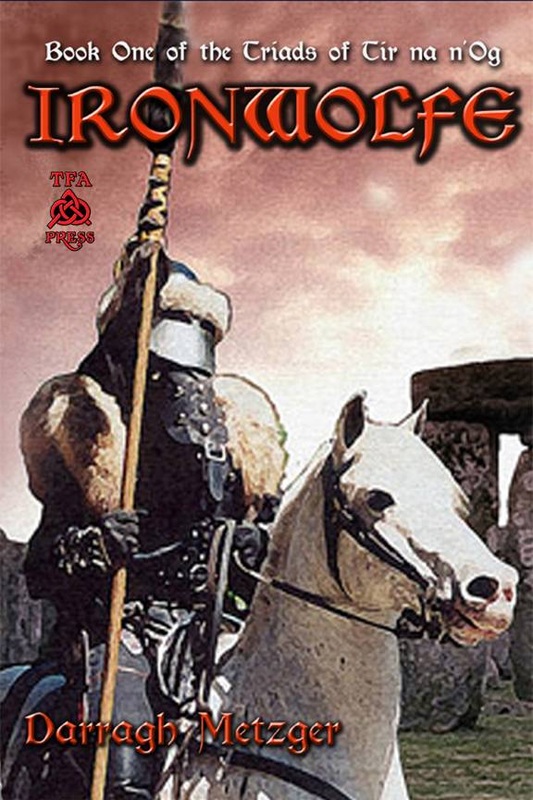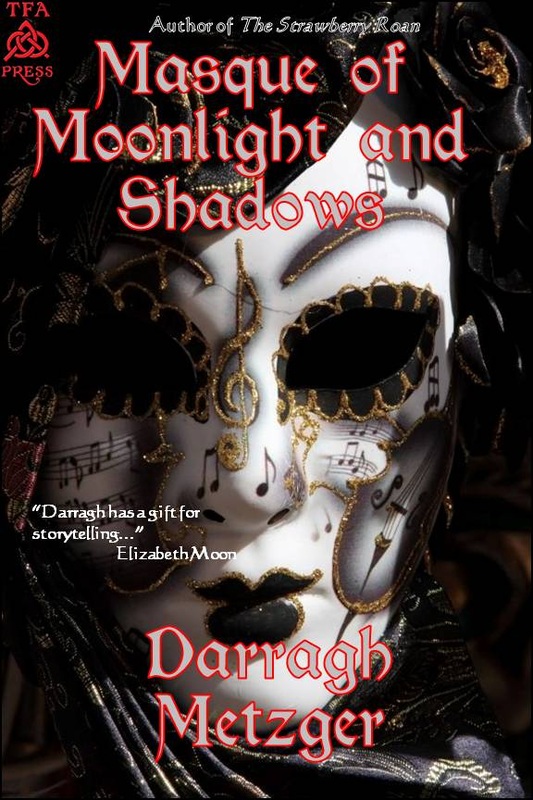You reach for perfection, The Goal, that imaginary finish line that hangs eternally just out of reach.
In case you haven't figured it out (and I may be the only one who still thinks there's a loophole somewhere), you'll never actually reach that goal. When you get close enough to where you think the finish line is, it moves. That's just the way it works. It's what keeps you trying to do better the next time. And the next.
Most of us know this. I don't know why I have a hard time remembering it, but that's the way the system works and it's actually A Good Thing. It keeps us growing, stretching, learning, keeps the process fresh and the stories exciting (at least to us, anyway. The readers are the final judge on that, of course). Despite all the complaining and wailing we do about it, the drive for improvement, for perfection, makes sitting down in front of that keyboard or staring at that blank sheet of paper each day an adventure.
Recently I've been thinking about the drive to improve ourselves, to get better at whatever-it-is we love. It's such a powerful motivator.
And yet, I'm always surprised to find it's not universal.
Case-in-point: The Seattle Knights, a theatrical stage combat and jousting troupe I worked with for more than 25 years.
Way back when we started, in the early 1990's, most of the people in the troupe were passionately dedicated to the idea of learning the skills, perfecting the technique, building better fights, performing them more realistically. Learning to achieve ”flow” -- those moments when everything falls into place and a fight becomes a dance, and you and your fight partner move together with effortless grace, reading one another on an almost psychic level. Most of us treated our stage combat like a real martial art, training, running drills, practicing simple, basic moves over and over until they came automatically and naturally. We practiced footwork in our living rooms and yards, practiced targeting in front of mirrors or on fence posts. We drilled with swords, daggers, spears, polearms, axes, and almost everything else that caught our fancy, fascinated with how each weapon felt, how they worked, what uses we could put them to.
I'm one of those who started out as more of a dilletante. I was an actor with an interest in swords, fantasy, and history, not a martial artist. I joined in order to perform. But over time, I got bitten by the bug, too. Since I'm not exactly a natural athlete, it took years for me to even achieve adequacy. It never stopped being a struggle, but eventually, I actually got pretty good. Once it a while, I'd even achieve ”flow”, and it was worth all the work to get there.
As the years passed and society changed, the people who started showing up to take the classes and audition for shows changed as well. More and more rare was the history buff or martial artist willing to work with steady patience toward perfecting their craft. More and more often, we attracted those who did just enough to be able to make it into the shows, never practiced outside of class, and rarely bothered to continue their training after going through the basic classes. The true dedicate become the exception rather than the rule.
Over the last few years, I've noticed the same attitude becoming more prevalent among many new writers, especially those in Indie publishing.
Back when I first decided I wanted to be a writer (because being an actor meant I wasn't poor enough), I plunged, like every other writer I knew, into the process of learning. I read books on writing, on creating characters, on developing themes, plot structures. Being a typical victim of the American Education system, I needed help with a lot of the basics, so I read up on grammar, punctuation, sentence structure, and everything else to make sure I had the right tools in my toolbox and used them correctly. I attended workshops, took classes, and joined writers' groups. I studied the works of writers I admired, trying to figure out how they did what they did.
And virtually every fellow adventurer into the world of the written word I met, newbie and published professional alike, did the same. We swapped tips, helpful books, shared and traded lessons we'd learned in the ongoing quest for perfection. The desire to constantly improve seemed to be part of the mindset we shared, part of the writers' lifestyle. Every one of us wanted to be ”perfect”. And, of course, none of us ever got there (and some days that goal seems farther away from me than when I started), but that didn't stop us from trying.
These days, it seems as if every book I pick up, traditionally published or indie, is riddled with word usage errors, typos, plotting blunders, and basic, lackluster writing that make me cringe, and in some cases drops me right out of the story. I've had editors ask me to dumb down something I'd written because ”a lot of people won't know those words”. One even told me, ”Keep it at about an 8th Grade level" (he meant a modern 8th grader, not one from 100 years ago when they were better educated by that time than most college graduates these days).
It's not just the concept of ”don't challenge the reader” that bothers me; it's writers unwilling to challenge themselves. If you can write like a twelve-year old and your friends can understand you, why work any harder at it?
My answer: Because learning, growing, stretching while you reach toward your idea of perfection is fun. No, really!
English is such a rich, colorful language of almost unlimited potential. The imagination is a wild, wonderful playground to be set loose in. Language and the ability to manipulate it is a skill that was once held in awe, even revered. Bards were exalted in some societies. And even now, the delight and pleasure a really well-written book can bring is hard to top.
Admittedly, most of us are never going to be another Sapho or Shakespeare. But isn't that a finish line worth striving toward?
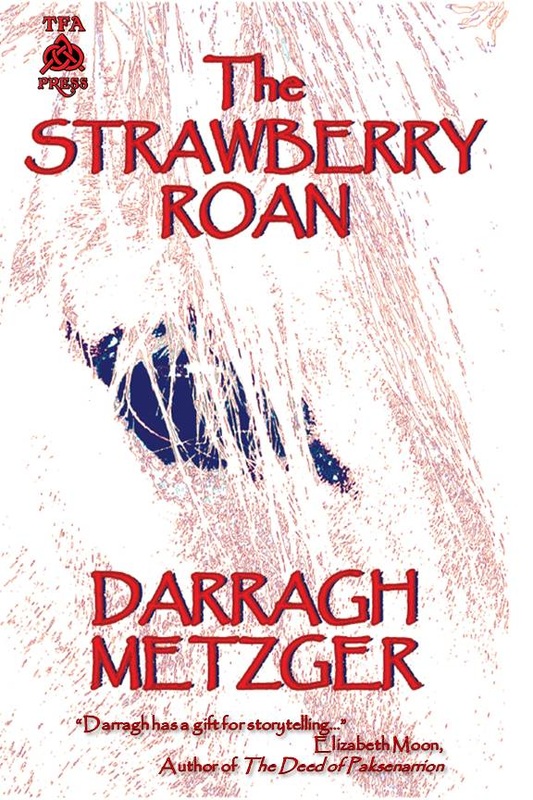
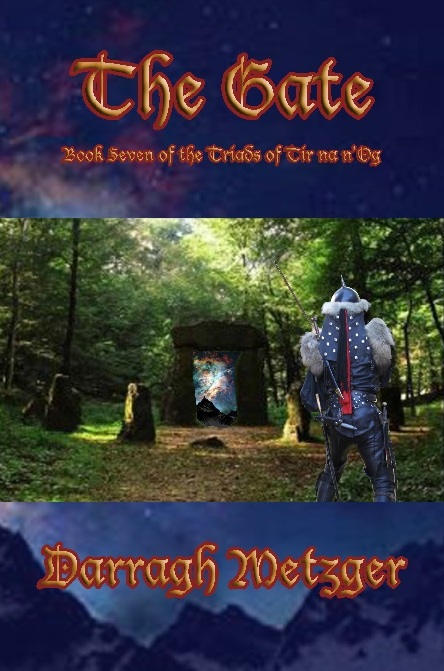
 RSS Feed
RSS Feed
